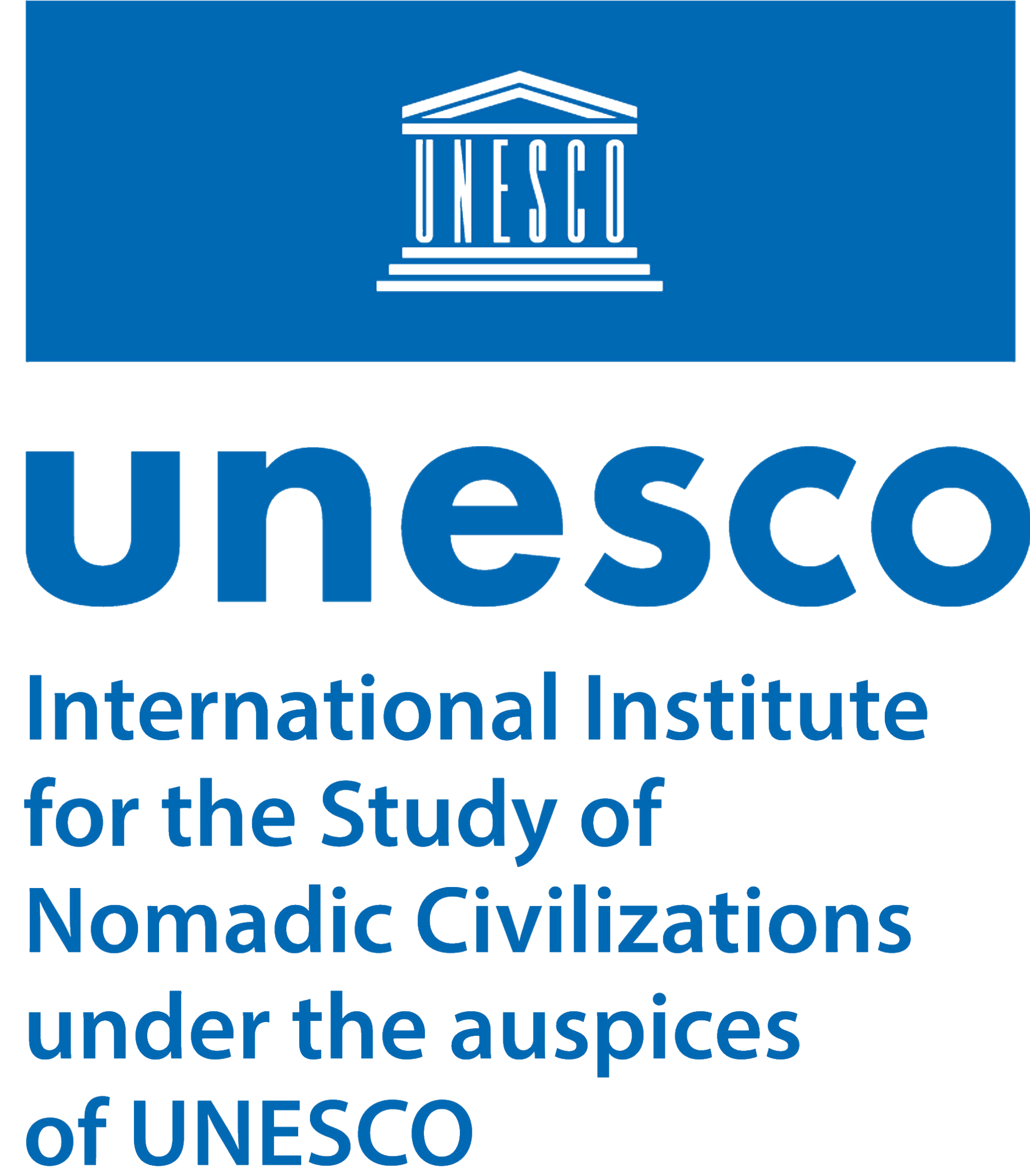Focusing on Scythian and Hunnic Ethics
The Dilemma of Early Hungarian Historiography
Keywords:
Keywords: source criticism, antique sources, folklore, pre-modern historiographyAbstract
The antique sources on the Scythians and Huns vary on the topic of morals. Part of them is idealizing and another part gives a picture of an immoral people (Ammian and Jordanes are the most hostile authors to the Huns). The ethical principle by which they judged the nomadic peoples was mostly temperance. The pre-modern Hungarian identity was based on the supposition that the Hungarians were direct descendants of Huns. Consequently, the Hungarian historians of the 17th–18th centuries faced a serious contradiction between the pro-Hun traditions and the anti-Hun antique sources. The greatest Hungarian historians of the 17th and early 18th centuries, Otrokocsi Fóris and Bél eliminated this contradiction by source criticism. They compared the antique anti-nomadic and pro-nomadic narratives and found out not only their contradictory statements but the inner inconsistence of Ammian’s and Jordanes’ narratives. For example, such a week point was Ammian’s accusation of ‛irreligious behaviour’, which was a misinterpretation of Hunnic rituals, ignored the descriptions of earlier authors (as Herodotus) and his own description of the Alans. They used recent parallels of folklore too, remnants of the former nomadic Hungarian culture. That was the first attempt of European historiography, to acknowledge nomadic cultural values.
References
Ammianus, Marcellinus. 1935–1940. Rerum gestarum libri, edited and translated by J. C. Rolfe. Cambridge (Mass.), London: Harvard University Press, Heinemann.
Bél [Belius], Mathias. 1723. Hungariae veteris et novae prodromus. Lipsiae: Monath.
Calanus, Juvencius Coelius. 1502. Vita Attilae. In Plutarchi vitae nuper quam diligentissime recognitae quibus tres virorum illustrium vitae aditae fuerunt & in fine voluminis apositae, edited by H. Squarzaficus, 143–146. Venetiae: Doninus Pincius. https://doi.org/10.3931/e-rara-70243
Herodotus. 1920. [Historiae.] With an English translation, edited and translated by A. D. Godley. Cambridge (Mass.): Harvard University Press.
HGM. 1870. L. Dindorf (ed.), Historici Graeci minores Vol I. Lipsiae: Teubner.
Jordanes. 1997. Getica, edited by A. Nordin. Stockholm: Atlantis.
Justin. 1990. Epitoma rerum Philippicarum, edited by M-P. Arnaud-Lindet. Paris: Les Belles Lettres.
de Kéza, Simon. 1999. Gesta Hungarorum, edited and translated by L. Veszprémy, F. Schaer. Budapest: CEU Press.
Lukian. 1936. Toxaris vel amicitia, edited and translated by A. M. Harmon. Cambridge (Mass.), London: Harvard University Press, Heinemann.
Magister P. 1932. Gesta Hungarorum, edited by L. Juhász. Budapest: Bibliotheca Scriptorum Medii Recentisque Aevorum.
Mela, Pomponius. 1971. De Chorographia Libri Tres, edited by G. Ranstrand. Almqvist and Wiksell: Göteborg.
Otrokocsi Fóris 1693. F. Otrokocsi Fóris, Origines Hungaricae. Franequerae: Strik.
Strabo. 1877. Geographika, edited by A. Meineke. Lipsiae: Teubner.
Benkő, Loránd, ed. 1970. A magyar nyelv történeti-etimológiai szótára Vol II. Budapest: Akadémiai Kiadó. [Historical-etymological Dictionary of the Hungarian Language]
Downloads
Published
How to Cite
Issue
Section
License
Copyright (c) 2024 Bence Fehér

This work is licensed under a Creative Commons Attribution-ShareAlike 4.0 International License.




